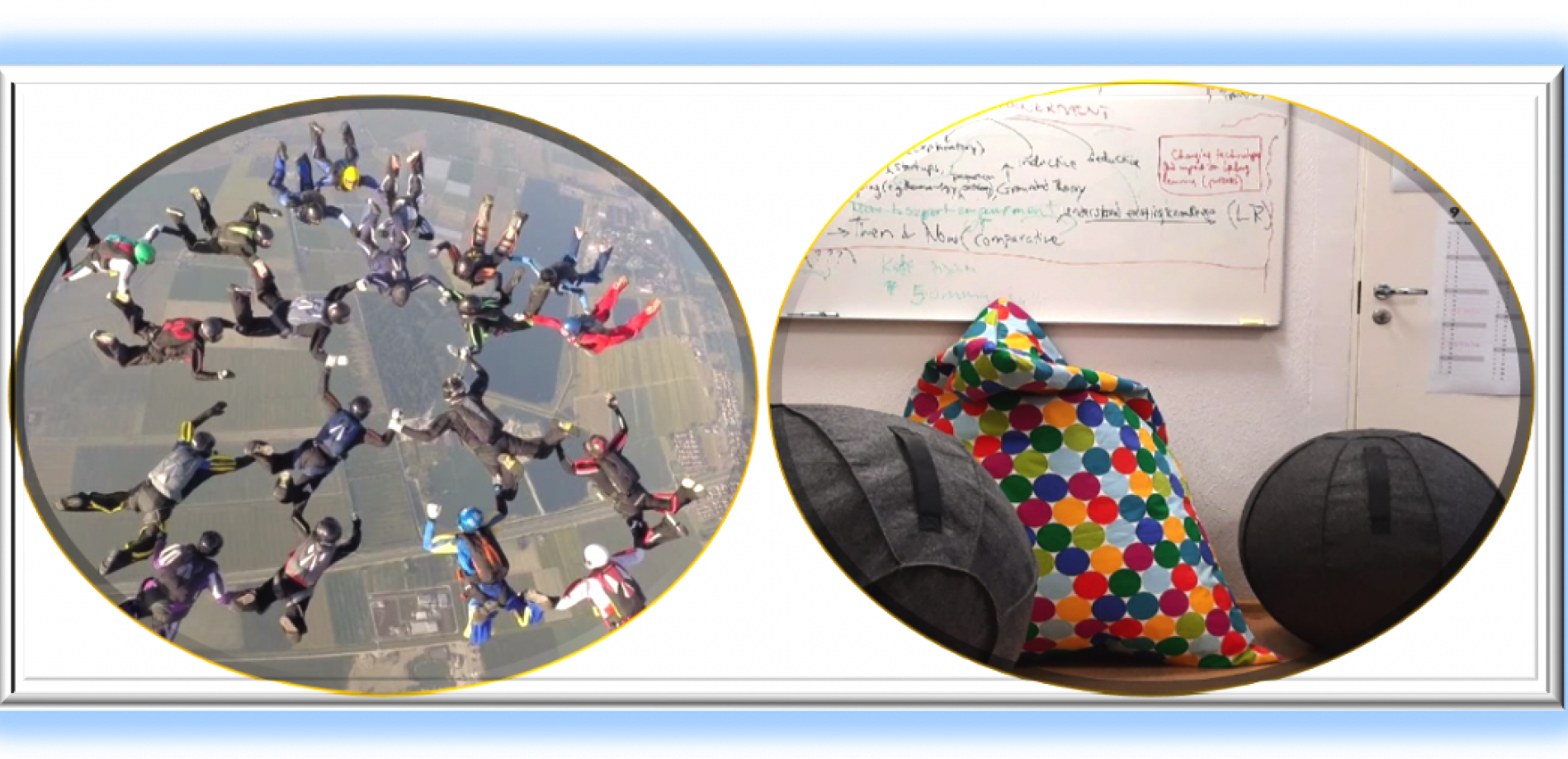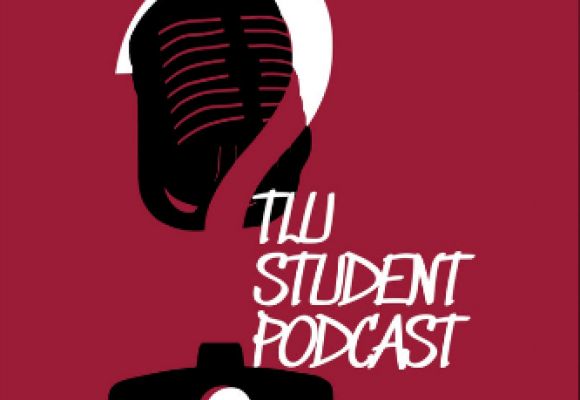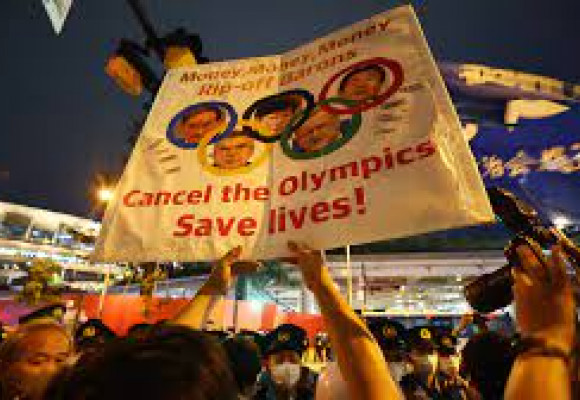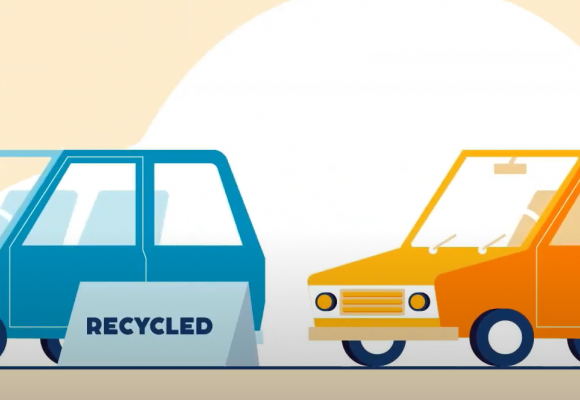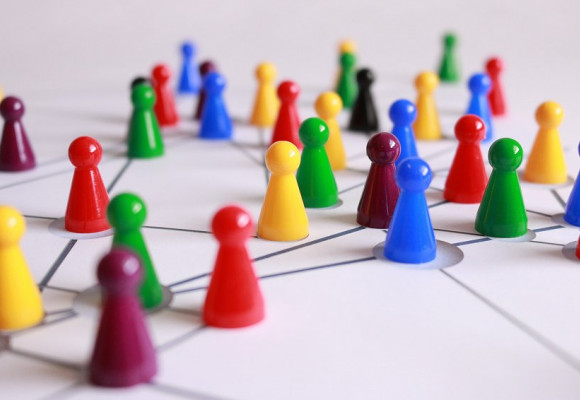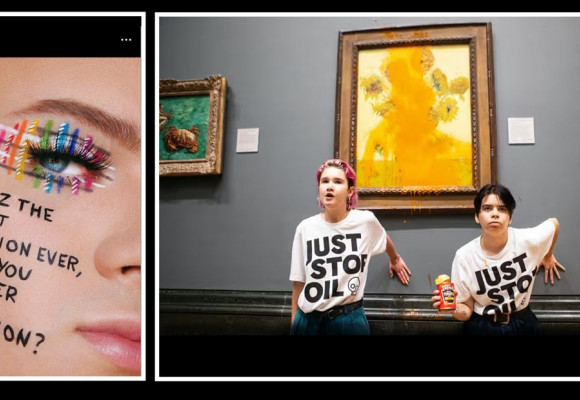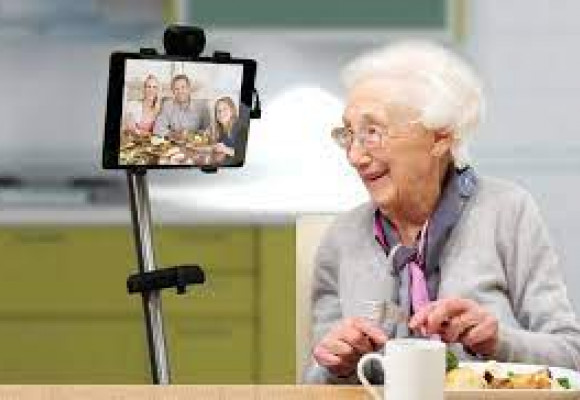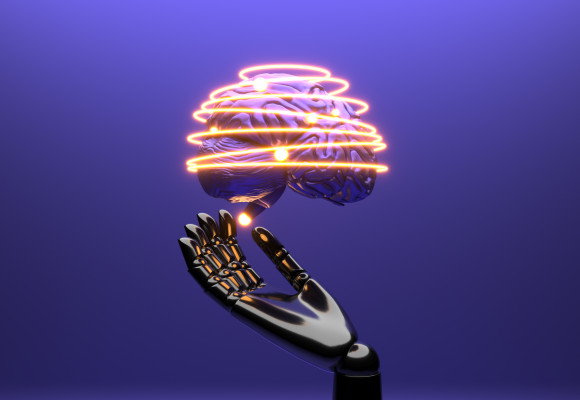Digital Transformation and Lifelong Learning: Supporting Self-initiated Intercultural Competence Assessment and Development
Creating a harmonious diverse cultural workplace thrives on the intercultural understandings among co-workers in the organization. The readiness for individual to operate in multicultural settings could be innate or learnt. The question is how are digital tools and resources suporting individuals to develop, consolidate and manage their Intercultural Competencies (ICC) as a self-initiated learning pursuit. Tallinn University has two key schools (Humanities and Digital Technologies) with the capacity to look into the subject under discussion and answer questions about ICC and digital technologies. To this end, the project seeks to bring students together as interdisciplinary project teams to tap into the expert knowledge found in the two Schools (Humanities and Digital Technologies), to explore the intercultural competence needs at the workplace or in organizations. Even though the project is to offer an opportunity for interdisciplinary project engagement among students, the overarching intent is to contribute to reinforcing the position of TLU as a major player in the pursuit of social cohesion policy implementation in the Estonian society. The project is motivated by the following documents, i) the National Integration Agenda of the Government of Estonia (Ministry of Culture/Republic of Estonia, n.d.), ii) Estonia Smart vision 2035 (Ministry of Education and Research/Republic of Estonia, 2019) and iii) Tallinn University’s Development Plan (Tallinn University, 2020) which seek to promote and sustain cultural harmony among people. To make the project practical and reflective in building cultural cohesion among multinational teams, project participants will be drawn from Tallinn University and the University of Ghana in West Africa. These multi-national and across country teams will work together to find answers to Intercultural Competence Competence questions and needs at the workplaces or in organizations. It will further attempt to provide models that will use digital tools and resources to support and facilitate a self-initiated Intercultural Competence Assessment and Development.
The aim of the project
The overall aim of the project is to explore the possibility to enhance cultural competence at the workplace or in organizations. It hopes to explore ways in which individuals could be motivated to appreciate cultural differences, and further explore relevant ICC scenarios for a self-driven learning activities using technologies.
However, the specific objectives of the project are to:
- Use persona research/training needs assessment to elicit the intercultural competence needs at workplaces or in work communities (Corporate bodies, educational workers, small scale businesses, creative industries etc).
- Conduct a study on i) theories and indicators for assessing intercultural competencies at the workplace and ii) Identify technology-driven solutions for ICC assessment and intervention for one’s development.
- Design an artifact (prototype) with the functionalities of promoting or providing opportunities for intercultural competence assessment and development to people. (or)
- Design a working prototype of the prospective artifact using inputs (Objectives 1 and 2).
Group members
O
Olaoluwa Alabi
W
Williams Ikedi
A
Andra
Politics and Governance (1)
Liberal Arts in Social Sciences (1)
Psychology (1)
Group 1
Group members
I
Ivie Bolanle
E
Elis
N
Nazar
P
Peace Jegbefu
Politics and Governance (2)
Liberal Arts in Social Sciences (1)
International Relations (1)
Group 2
Group members
E
Ekene Kingsley
M
Mykhailo
V
Valeria
Politics and Governance (2)
Integrated Arts, Music and Multimedia (1)
Group 3
Group members
C
Christopher Onyeka
A
Ayotunde Raphael
O
Ojore Israel
N
Nitin
Politics and Governance (2)
International Relations (1)
Social Entrepreneurship (1)
Group 4
Group members
E
Edith Ese
P
Paschal Arinze
N
Najma
Politics and Governance (2)
Well-Being and Health Behaviour (1)
Group 5

